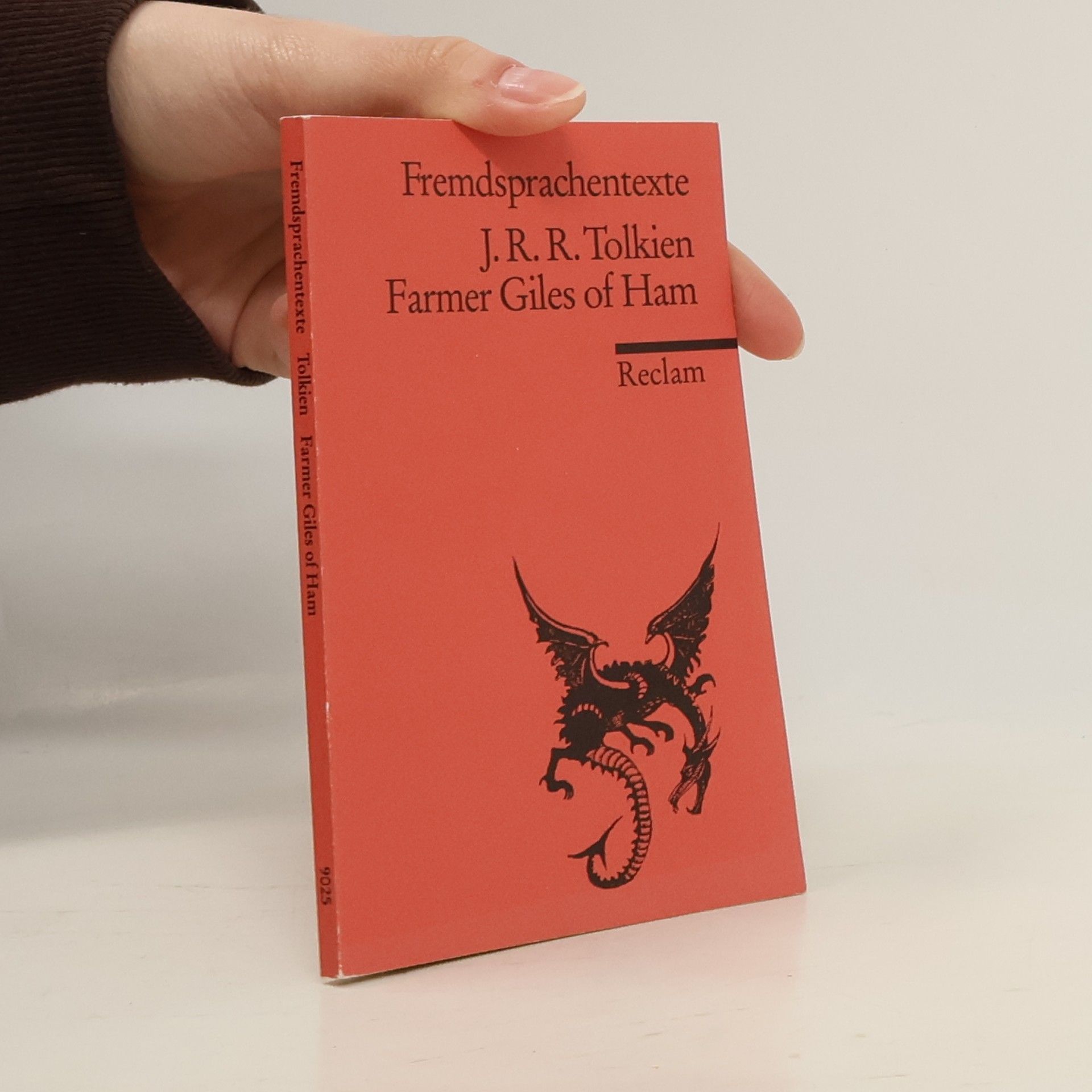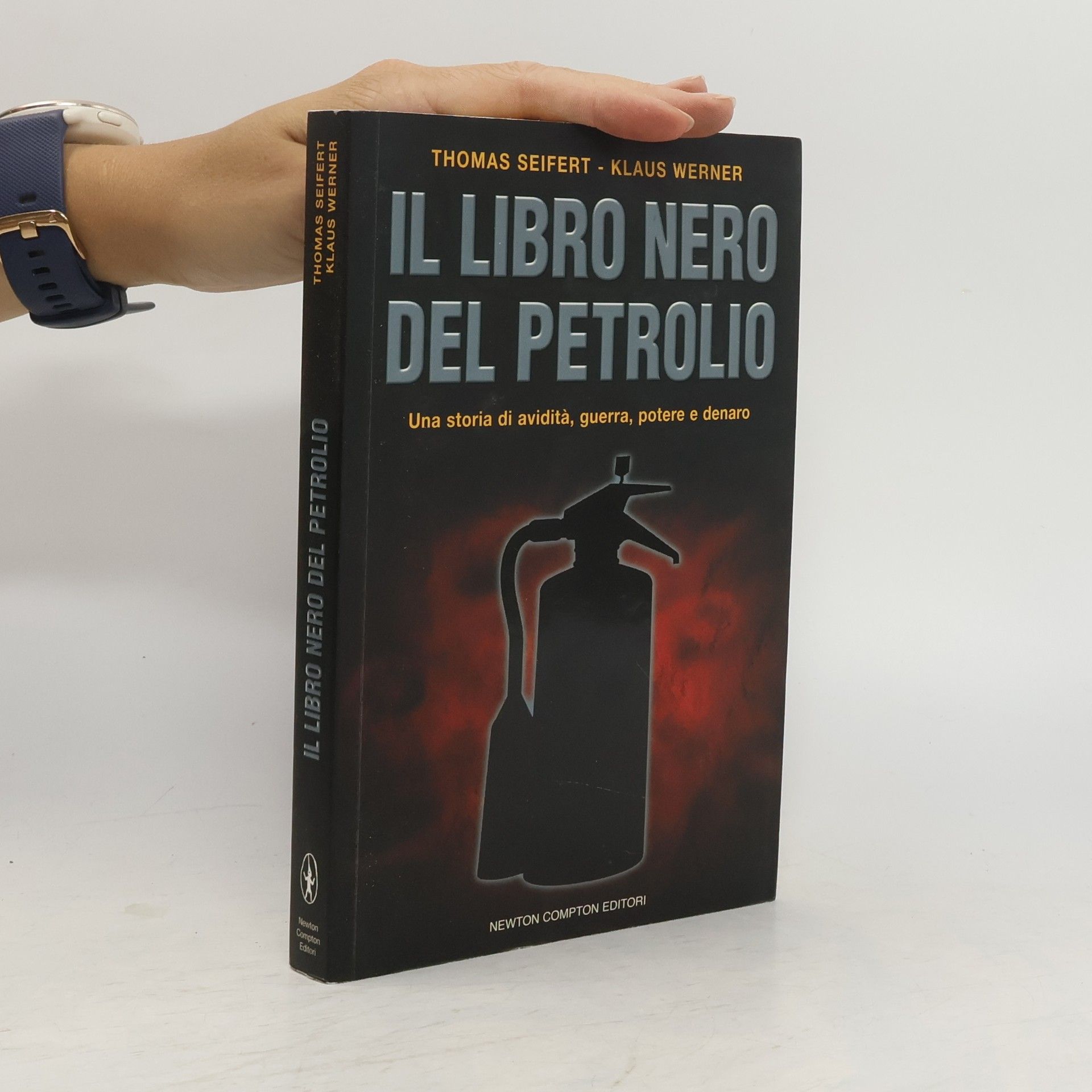Il libro che le multinazionali non ti farebbero mai leggere
- 281pagine
- 10 ore di lettura
H&M, Nokia, Coca-Cola, McDonald's, Adidas: nei nostri centri commerciali troviamo scintillanti marche a prezzi competitivi. E il nostro sabato pomeriggio di shopping a prezzi modici ci rende felici: ci sentiamo liberi, realizzati, alla moda, perfettamente inseriti nella società. Peccato però che quel telefonino e quel paio di scarpe che portiamo allegramente in giro siano il frutto del lavoro duro e sottopagato di donne e bambini del Terzo Mondo, per quali produrre scarpe in condizioni disumane per il lontano mondo ricco rappresenta l'unica possibilità di sopravvivenza. È un panorama che ci è familiare, e che ormai non ci sembra altro che la normalità. Lo strapotere del denaro e la corsa al successo sono entrati in pieno nel nostro stile di vita: chi ha avuto la sfortuna di nascere in un paese povero rimane automaticamente relegato in un'esistenza ai margini, senza alcuna possibilità di riscatto. Ma davvero è tutto così "normale"? Esiste un modo per dire basta alle multinazionali che ignorano i diritti umani e distruggono l'ambiente nella corsa inarrestabile verso il profitto, approfittando delle nostre velleità di essere sempre al passo, sempre vincenti?




